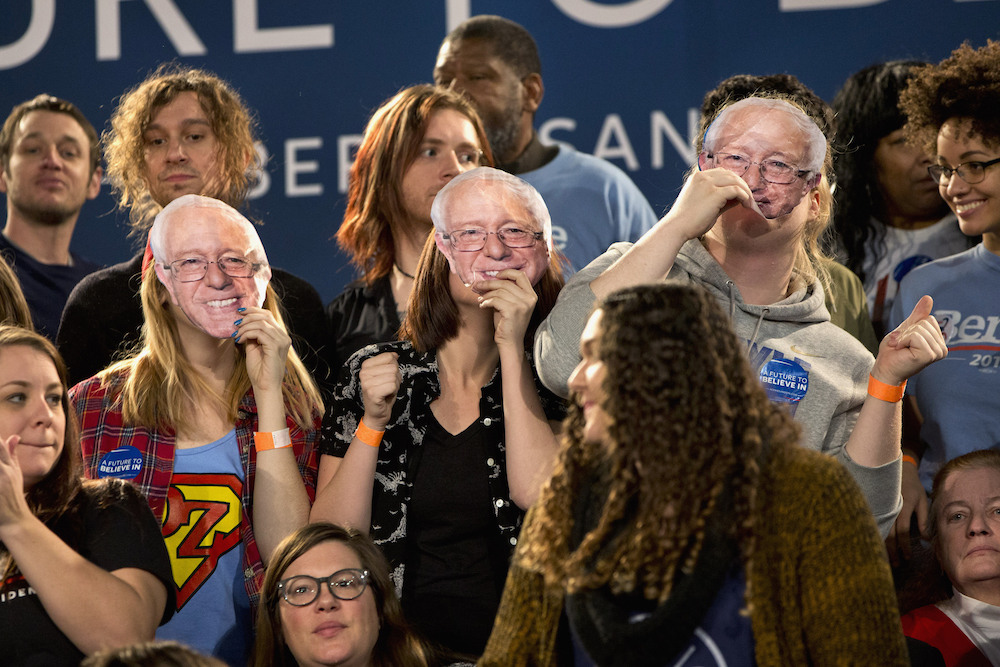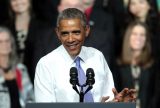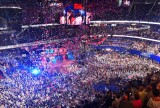Do American Politics Need Villains to Be Successful?
The Populism-Heavy 2016 Election Is Dominated by Resentment, but That Doesn't Mean Future Elections Have to Be the Same
For most of 2016, American politics could best be described as caught in a populist moment. Populism has always come in two variations, and we’ve seen both this year. The most familiar form, ably represented in all its raw madness-of-crowds by Donald Trump, is based on resentment of immigrants and other non-majority identities (racial, ethnic, linguistic, and religious most prominently), and rancor directed at political elites for their perceived role in changing social norms. This is the populism familiar from historian Richard Hofstadter’s “status anxiety” explanation of late 19th Century …









